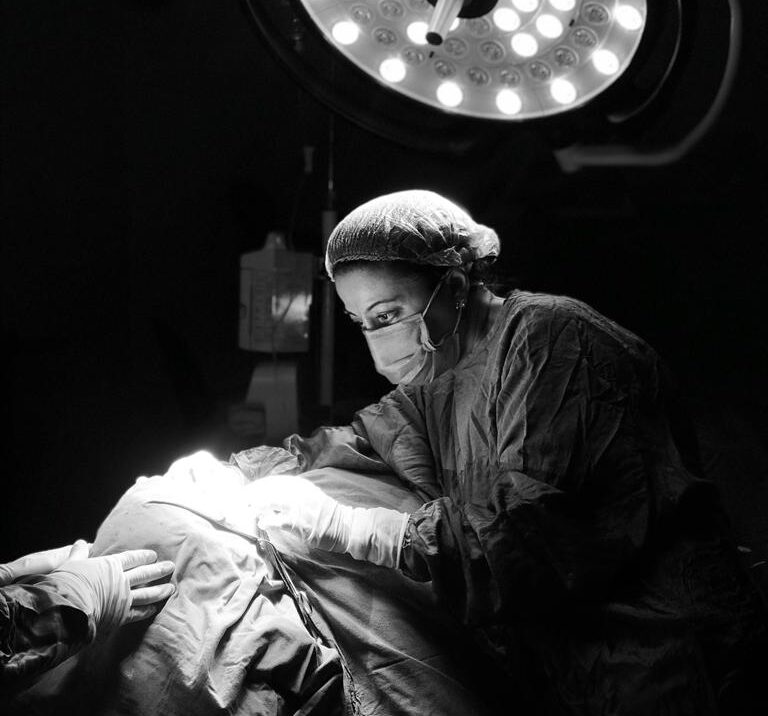Is revision nose surgery difficult? Revision nose surgery is more difficult than the first rhinoplasty surgery. This is because the structure of the nasal tissues and bones has changed in the first surgery. Therefore, in revision nose surgery, the changes made in the first surgery must be corrected.
Is revision nose surgery difficult?
Factors that increase the difficulty of revision nose surgery include:
- Failure of the first surgery: If the desired results were not achieved in the first surgery, revision nose surgery may be more difficult.
- Materials used in the first surgery: The materials used in the first surgery may need to be removed or replaced in revision nose surgery. This may increase the difficulty of the surgery.
- Individual characteristics of the person: A person’s age, skin type and general health condition may affect the difficulty of revision nose surgery.
It is important that revision nose surgery is performed by an experienced surgeon. An experienced surgeon can evaluate the difficulty of the surgery and create the most appropriate treatment plan.
Is revision nose surgery difficult?
The risks of revision nose surgery are higher than those of nose aesthetic surgery performed for the first time. These risks are:
- Infection: Revision nose surgery carries the risk of infection, as with any surgical procedure.
- Bleeding: Bleeding may occur during or after revision nose surgery. This is usually light bleeding and does not require intervention. However, if severe bleeding occurs, immediate intervention may be required.
- Breathing problems: Revision nose surgery can cause breathing problems. This may be due to changing shape of the nasal bones or cartilage.
- Scar: The incisions made in revision nose surgery may leave scars. However, these scars usually disappear over time.
- Undesirable results: As a result of revision nose surgery, the desired results may not be achieved. In this case, additional surgery may be required.
If you are considering revision nose surgery, it is important to carefully evaluate the risks and benefits of the surgery and choose an experienced surgeon. For revision surgeries, patients are recommended to first consult the doctor who performed the first surgery, if possible.






